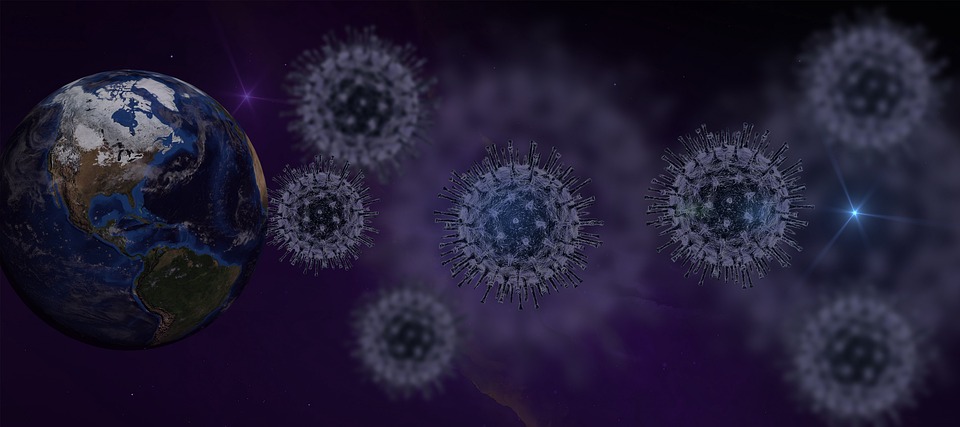Introduction
Global warming is a pressing issue that affects our planet and its inhabitants. Many people look to religious texts for guidance on important matters, including environmental concerns like climate change. In this article, we will explore what various religious scriptures say about global warming and the responsibility of humans to care for the Earth.
Christianity
In Christianity, the Bible teaches that God created the Earth and everything in it, and charged humans with stewardship over the planet. In Genesis 2:15, it states, “The Lord God took the man and put him in the Garden of Eden to work it and take care of it.” This passage emphasizes the importance of caring for the Earth and all of its resources.
Islam
In Islam, the Quran teaches that humans are stewards of the Earth and must not harm it. In Surah Al-A’raf 7:31, it states, “O children of Adam, take your adornment at every masjid, and eat and drink, but be not excessive. Indeed, He likes not those who commit excess.” This passage emphasizes moderation and the importance of not over-consuming resources that can harm the environment.
Judaism
In Judaism, the Torah teaches that humans are partners with God in the ongoing creation and preservation of the Earth. In Genesis 1:28, it states, “God blessed them and said to them, ‘Be fruitful and increase in number; fill the earth and subdue it. Rule over the fish in the sea and the birds in the sky and over every living creature that moves on the ground.'” This passage emphasizes the responsibility of humans to care for all living creatures and the environment.
Conclusion
Overall, various religious texts emphasize the importance of caring for the Earth and all of its resources. Global warming is a serious issue that requires action from individuals, communities, and governments to address. By following the teachings of our faith traditions and working together to protect the environment, we can make a positive impact on combating climate change and preserving our planet for future generations.

Kyle Whyte is a notable scholar and professor at the University of Michigan, holding positions such as the George Willis Pack Professor in the School for Environment and Sustainability and Professor of Philosophy. Specializing in environmental justice, his work critically examines climate policy and Indigenous peoples’ ethics, emphasizing the nexus between cooperative scientific endeavors and Indigenous justice. As an enrolled Citizen Potawatomi Nation member, he brings a vital perspective to his roles as a U.S. Science Envoy and member of the White House Environmental Justice Advisory Council. His influential research is supported by various prestigious organizations including the National Science Foundation, and disseminated through publications in high-impact journals. Kyle actively contributes to global Indigenous research methodologies and education, with affiliations to numerous institutes and societies dedicated to traditional knowledge and sustainability. Recognized for his academic and community engagement, Kyle has earned multiple awards and served in various visiting professorships. His efforts extend to leadership positions on boards and committees focused on environmental justice nationwide.
